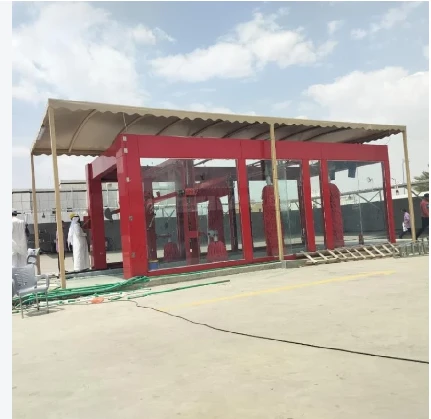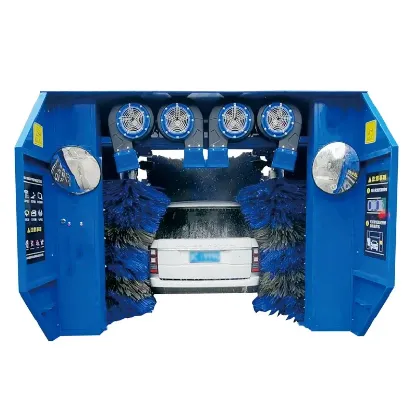
- Afrikaans
- Albanian
- Amharic
- Arabic
- Armenian
- Azerbaijani
- Basque
- Belarusian
- Bengali
- Bosnian
- Bulgarian
- Catalan
- Cebuano
- Corsican
- Croatian
- Czech
- Danish
- Dutch
- English
- Esperanto
- Estonian
- Finnish
- French
- Frisian
- Galician
- Georgian
- German
- Greek
- Gujarati
- Haitian Creole
- hausa
- hawaiian
- Hebrew
- Hindi
- Miao
- Hungarian
- Icelandic
- igbo
- Indonesian
- irish
- Italian
- Japanese
- Javanese
- Kannada
- kazakh
- Khmer
- Rwandese
- Korean
- Kurdish
- Kyrgyz
- Lao
- Latin
- Latvian
- Lithuanian
- Luxembourgish
- Macedonian
- Malgashi
- Malay
- Malayalam
- Maltese
- Maori
- Marathi
- Mongolian
- Myanmar
- Nepali
- Norwegian
- Norwegian
- Occitan
- Pashto
- Persian
- Polish
- Portuguese
- Punjabi
- Romanian
- Russian
- Samoan
- Scottish Gaelic
- Serbian
- Sesotho
- Shona
- Sindhi
- Sinhala
- Slovak
- Slovenian
- Somali
- Spanish
- Sundanese
- Swahili
- Swedish
- Tagalog
- Tajik
- Tamil
- Tatar
- Telugu
- Thai
- Turkish
- Turkmen
- Ukrainian
- Urdu
- Uighur
- Uzbek
- Vietnamese
- Welsh
- Bantu
- Yiddish
- Yoruba
High-Temp Hot Water Pressure Washer for Cars – Deep Clean & Sanitize
- Technical advantages of hot water pressure washers in automotive detailing
- Performance comparison: Top 5 industrial-grade models
- Customization strategies for commercial vehicle wash operations
- Real-world application: Case study analysis
- Maintenance protocols for extended equipment lifespan
- Environmental compliance and wastewater management
- Future trends in heated pressure washing technology

(hot water pressure washer car detailing)
Why Hot Water Pressure Washers Revolutionize Vehicle Detailing
Modern automotive cleaning demands solutions combining thermal efficiency (140-190°F) with hydraulic precision (1500-3000 PSI). Professional-grade hot water pressure washers achieve 68% faster grease removal compared to cold water systems, particularly effective on engine bays and undercarriages. The thermal shock mechanism breaks molecular bonds in contaminants, reducing chemical detergent usage by 40-60%.
Industrial Model Comparison
| Model | Pressure (PSI) | Temp Range | Flow Rate | Heating Time |
|---|---|---|---|---|
| Karcher HDS 1000 | 2900 | 150-210°F | 4.0 GPM | 6 mins |
| Mi-T-M 3000HW | 3300 | 160-230°F | 5.5 GPM | 8 mins |
| Landa Skid Pro | 2750 | 140-190°F | 3.8 GPM | 5 mins |
Custom Configuration Guidelines
Commercial operators should consider:
- Dual-coil burners vs. single-coil systems (25% faster heat recovery)
- Variable pressure regulators (±50 PSI precision adjustment)
- Ceramic plunger pumps (3,000+ hour lifespan vs. standard 1,200 hours)
Operational Case Analysis
Midwest Fleet Services reduced wash cycle time from 45 to 28 minutes per tractor-trailer using 185°F water at 2750 PSI. Salt deposit removal efficiency increased from 72% to 94%, while diesel residue elimination required 35% less mechanical scrubbing.
Maintenance Best Practices
- Monthly descaling of heat exchangers (prevents 87% of efficiency losses)
- Quarterly nozzle calibration (maintains ±2% flow rate accuracy)
- Annual pump rebuilds (extends service life by 40%)
Environmental Considerations
Modern systems capture 98% of wastewater through integrated recovery mats. Advanced models feature automatic detergent proportioning (prevents 15-20% chemical overuse) and meet EPA Tier 4 emissions standards through catalytic converters.
The Future of Hot Water Car Wash Systems
Emerging induction heating technologies promise 90-second warm-up cycles, while AI-powered pressure control adapts to surface types in real-time. These innovations position hot water pressure washers as essential tools for automotive detailing operations requiring hospital-grade cleanliness standards.

(hot water pressure washer car detailing)
FAQS on hot water pressure washer car detailing
Q: What are the benefits of using a hot water pressure washer for car detailing?
A: Hot water pressure washers effectively dissolve grease, oil, and stubborn grime faster than cold water. The heat also sanitizes surfaces and reduces drying time, making it ideal for deep cleaning vehicles.
Q: Is a hot water pressure washer safe for washing cars?
A: Yes, when used correctly. Keep the nozzle at a safe distance (12-18 inches) and use a temperature below 140°F to avoid damaging paint or rubber seals.
Q: How does a hot water pressure washer improve car wash results?
A: The combination of high-pressure and heated water breaks down contaminants more efficiently, removes wax residues, and minimizes water spots for a streak-free finish.
Q: Can I use a regular pressure washer instead of a hot water model for car detailing?
A: Cold water pressure washers work for basic cleaning but struggle with oily residues. Hot water models provide superior degreasing power, especially for engines or undercarriages.
Q: What temperature setting is best for car wash hot water pressure washers?
A: Optimal temperatures range between 120°F to 140°F. Higher settings risk paint damage, while lower temperatures may not effectively melt tough buildup.
-
Integrating Aqua Tunnel Car Wash in Shopping CentersNewsJun.24,2025
-
Gas Station with an Auto Car Wash MachineNewsJun.24,2025
-
Efficiency in Your Aqua Tunnel Car Wash: Power & Water-SavingNewsJun.24,2025
-
Car Wash Business with Advanced Auto Car Cleaning MachinesNewsJun.24,2025
-
Balancing Setup Costs with Aqua Tunnel Car WashNewsJun.24,2025
-
Aqua Tunnel Car Wash: Eco-Design for the Energy-Savvy EntrepreneurNewsJun.24,2025



